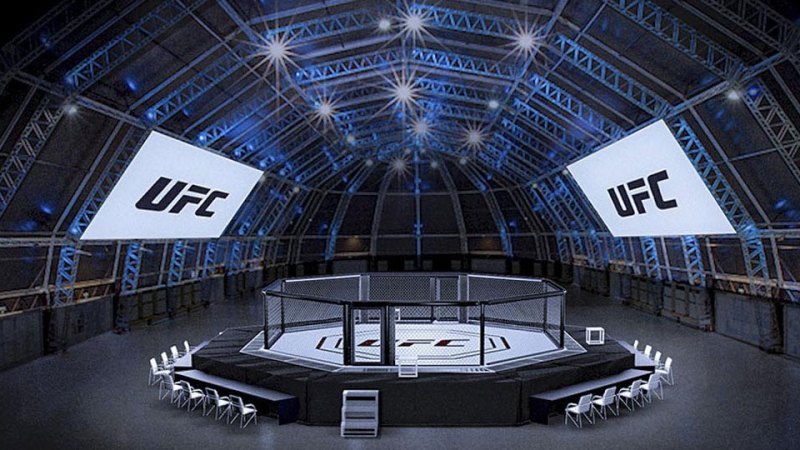
UFC pay-per-view shows always feature the top talent in what is indisputably the top league in the entire sport, so they’re usually the most fun to watch. That said, there will always be some events where fans come away unhappy for various reasons. Here’s what you need to know about whether or not (and under what circumstances) you can get a UFC PPV refund.
All UFC pay-per-views air via ESPN+, a premium subscription streaming service that costs $70 per year. UFC PPV packages themselves are an added $75 on top of that. And we can admit it: At the end of the day, that’s a lot of money for a UFC PPV, especially once you consider that this only covers the main card (which typically consists of only five fights) — the preliminary and early preliminary cards are typically free to watch on ESPN+ and the broadcaster’s TV channel — and only a portion of those are the high-profile matchups that the fans are willing to pay for. That’s a fair amount of cash to drop on a few 25-minute fights, if they even last that long, and doubly so if the main attraction turns out to be something of a dud.
More UFC
Unfortunately, that’s the reality of MMA, even with today’s time limits and five-minute round structure that ensures fights don’t drag on too long. Every fan understands that you never know what to expect in the Octagon — that’s the nature of the sport, and in fact a large part of its enduring appeal — but just as often as you get to watch an intense clash that leaves pools of blood on the mat, you get stuck watching a snoozefest where fighters can’t seem to find their groove or, even worse, go to the ground and wrestle around there for five rounds until a decision is made by the judges. However, like it or not, neither the UFC nor ESPN+ offers refunds for pay-per-view events due to simple dissatisfaction.
Nonetheless, there is one circumstance under which you may be able to get a UFC PPV refund, and that’s if the stream suffered from an outage or other technical issues that made the broadcast (or parts of it) unwatchable. This is not an uncommon problem. It happened in 2020, for example, likely due to the sheer number of fans tuning in to see Conor McGregor’s rematch against Dustin Poirier — and ESPN did offer at least partial refunds for those who were affected by the outage. Those customers were instructed to contact ESPN+ at Support@espnplus.com or through the customer service line at 1-800-727-1800. ESPN also worked with third-party platforms (such as Apple, Roku, or Google) for customers who purchased the PPV package through those outlets. Other than that, once you’ve paid for and watched a UFC PPV, be aware that you’re probably not getting your money back. However, Disney+ often offers deals for signing up to Stream UFC fights, which can make the pill a little easier to swallow.



